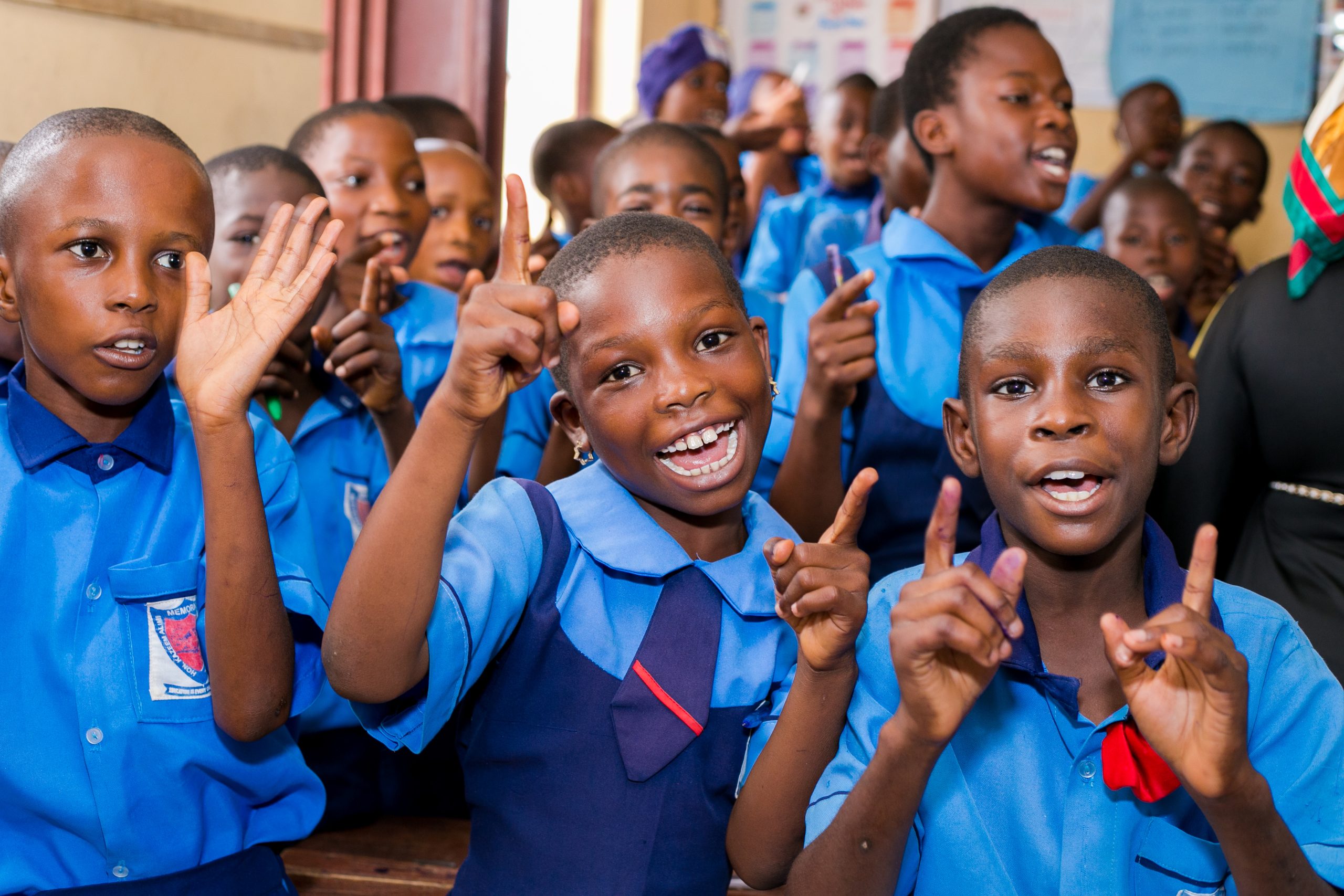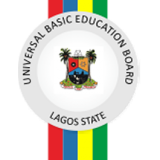
The International Day of the African Child is observed every year on June 16 with a theme based on the views of children collected from various consultations with children themselves. It was instituted in 1991 by the Organization of African Unity in commemoration of young South African children who protested against education injustice and inequality in the apartheid regime, only to be ambushed and massacred by police on 16 June 1976.
Over 4 decades later, a staggering 244 million girls and boys, between 6 and 18, worldwide are out of school. Almost 100 million of them are in sub-Saharan Africa.
The 2023 theme of the International Day of the African Child is “The Rights of the Child in the Digital Environment,” of which its relevance cannot be understated, considering the epochal shift caused by the digital revolution.
Nowadays, the Day of the African Child is an opportunity to celebrate the realization of the rights of the African child, in line with the African Charter on the Rights and Welfare of the Child. The purpose is also to raise awareness of the challenges that children face. One of the most pressing challenges facing African children today is a lack of access to digital technology.
These rights include not only children’s rights to protection from all forms of violence, but also their rights to participation and expression of opinion. Without adequate safeguards, children will be at a greater risk of harm online. Children face the same dangers online as they do offline, and therefore must be protected.
Other issues to consider include the potential impacts of artificial intelligence and machine learning on our sense of autonomy and self-control. With emotional health heavily dependent on both concepts, these emergent technologies may have some negative impact.
The speed, scope and pervasiveness of digital technologies is profound, and affecting every aspect of the education system.
The UN’s Sustainable Development Goals (SDGs) are at about the halfway point, the fourth goal, aiming to “ensure inclusive and equitable quality education and promote lifelong learning opportunities for all,” is clearly being missed in many Sub-Saharan African countries, despite considerable investment – highlighting the need for solutions that deliver outcomes.
In Lagos Nigeria, a leading example of an education program that goes against the trend and transforms learning outcomes is the EKOEXCEL programme, supported by NewGlobe as a technical partner, the programme is successfully building holistic education systems through data-driven pedagogy, innovative learning technologies, and powerful school administration systems.
Launched in 2019 by Governor Sanwo-Olu, EKOEXCEL under the supervision of the Lagos State basic Education Board (LASUBEB), has radically transformed primary education in the state. The programme has rapidly expanded, reaching close to a million pupils; trained more than 13,000 teachers, amplifying their skillset to deliver high-quality lessons; and introduced to all 1,013 Lagos State public primary schools with innovative systems that support pupils, teachers, and parents. The rapid expansion of EKOEXCEL is impressive, showing what is possible with a commitment to learning outcomes.
The intervention has also aided uniformity, and strict adherence to the curriculum as teachers’ tablets are preloaded with lessons and content that can be effectively monitored for standardisation across Lagos’ public primary schools.
EKOEXCEL has also significantly increased pupils’ learning outcomes and drastically reduced the number of out-of-school children in the state by enrolling them in schools through the ‘Leave No Child Behind’ policy and LASUBEB’s Project Zero initiative.
The Lagos State Governor, Babajide Sanwo-Olu, who recently spoke at the 2023 (Nigeria) Children’s Day celebration, said that his administration recognises early childhood education’s role in ensuring a better future for children.
“As part of the Government’s efforts to improve teaching and learning in Primary and Secondary Schools across the State, over 1,449 projects have been commissioned, covering 1,036 schools across all 20 Local Government Areas and 37 Local Communities Development Areas”
“Also, through the “Project Zero Program”, the rate of out-of-school children has reduced by reabsorbing with full kits, a total of 11, 957 pupils back to school to demonstrate our administration’s zero tolerance for “Out of School Children” he said.
Last April, the Lagos State government, through EKOEXCEL launched a dedicated real-time monitoring control centre called the Situation Room that visualizes the flow of data – direct from the classroom to dashboards displaying it in real time from all 1013 primary schools under the program.
The state-of-the-art facility equipped with cutting-edge technology, is arguably the first in Nigeria for government owned schools.
EKOEXCEL in particular and education in general continues to be a major priority for the Lagos State government under the leadership of Governor Sanwo-Olu evidenced by the consistent increase in the budgetary allocation for education every fiscal year since 2019, most recently by 10% for the 2023 allocation.
EKOEXCEL is a major future economic development investment for Lagos State on its path to building greater prosperity for all in the state.
In 5-10 years Africa will provide about half of the world’s increase in the working-age population – investing in future generations’ learning will determine the skill set of these world shaping young people.
Therefore, if investments and implementation of similar methodologies adopted by the Lagos State government to reform education is replicated at scale across public education Systems in other African countries, the gains would be enough to put African children from underserved communities on track to match their peers in countries with incomes three or four times higher.
This article appeared originally on Independent, June 19, 2023


